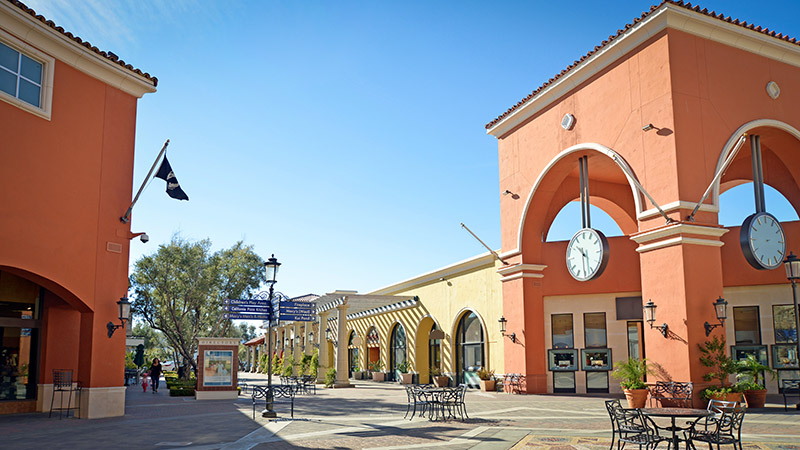
Retail businesses, particularly those once thriving in city office districts, are migrating to suburbs as remote work diminishes urban foot traffic. With office utilization rates in major cities still hovering around half of pre-pandemic levels, retailers, restaurants, and bars catering to office-goers have struggled. In April, pedestrian traffic in urban centers was down by 25% compared to the same month in 2019, says MRI Springboard, a real estate software provider.
Big city retailers, grappling with declining sales and increasing property crimes, are eyeing the suburbs. For instance, Sweetgreen, the salad shop chain, closed several urban locations and expanded to suburban areas. By summer, 50% of its outlets were in the suburbs, up from 35% in 2019.
Suburban landlords have seen strong demand from retailers despite inflation and rising interest rates. Site Centers and Phillips Edison, shopping center owners, reported record-high leasing and occupancy. Even upscale enclosed malls like those owned by Simon Property Group are showing recovery, boasting higher foot traffic and near pre-pandemic occupancy levels.
This urban-to-suburban shift in retail availability was evident in the second half of last year, marking the first time since 2013 that urban retail availability surpassed suburban availability, as per real estate firm CBRE. Moreover, rent growth in suburban areas outpaced urban regions.
Retail analyst Dana Telsey confirms that retailers are exploring suburban centers, citing Dig, a fast-casual eatery, as an example. The company, hit by the shift to remote work, is now primarily opening restaurants in suburban areas and residential neighborhoods of larger cities.
Meanwhile, smaller urban retailers are hoping for a workforce return. For instance, Beehive Shoeworks, a Chicago-based shoeshine and repair business, recently applied for hardship accommodation on a pandemic-era loan due to the decline in customers.
Retail landlords like Whitestone REIT, witnessing a surge in business at suburban shopping centers, now see more potential in suburbs than city office districts. The shift is attributed to remote work and the rise of cultural, entertainment, and fine-dining establishments in suburban areas.





